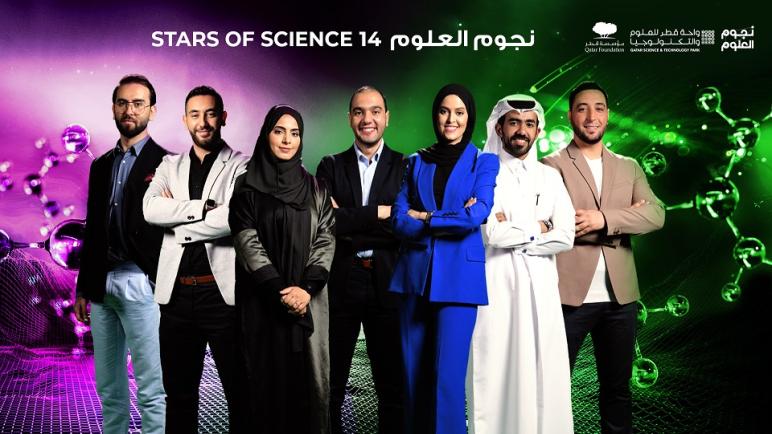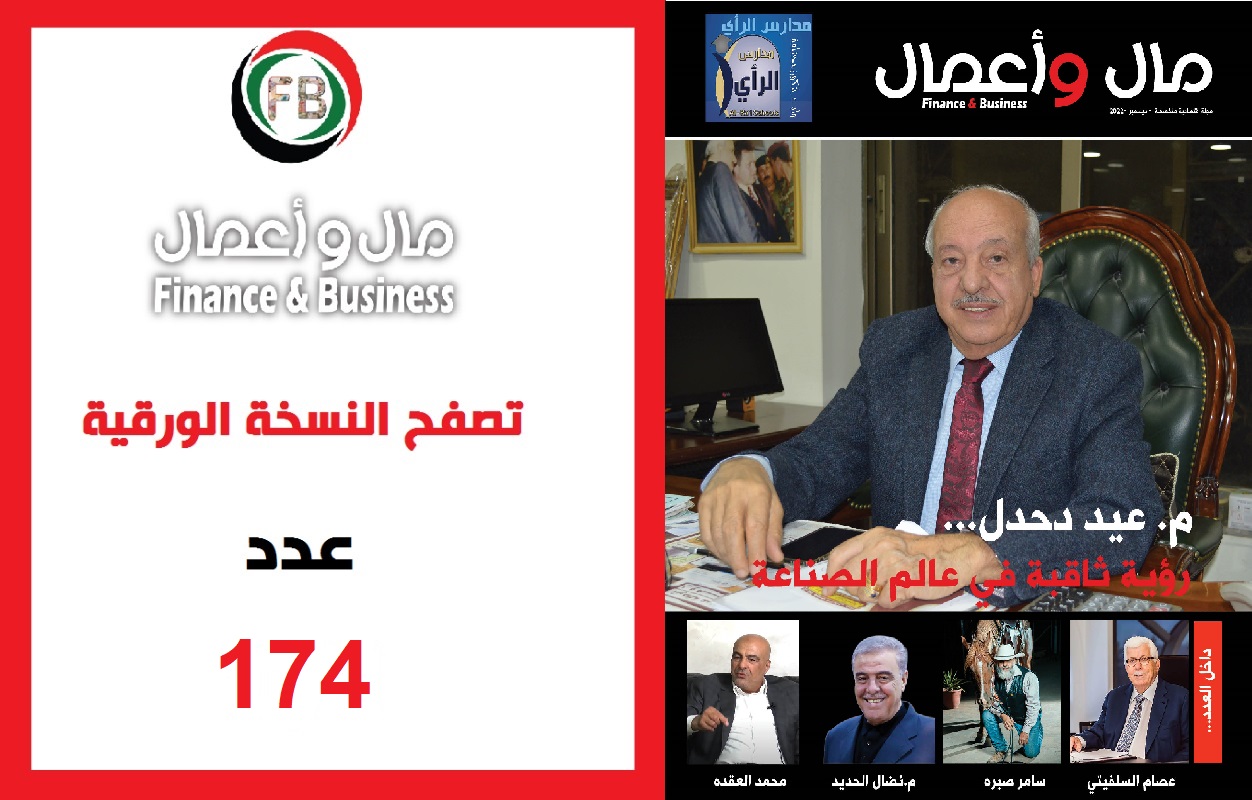QF’s edutainment TV show encourages the use of engineering principles toward solving medical challenges
Doha, Qatar, September 19, 2022: When Qatar Foundation’s Stars of Science returned for season 14 on September 2, its panel of judges featured two prominent voices from two distinct fields, engineering and medicine – underlining a pressing need across the Arab world and beyond.
Professor Fouad Mrad, a jury member since it first aired in 2009, has a background in electrical engineering and vast experience as an industrial product developer, academic researcher, and thought leader. Meanwhile, Dr. Aisha A. Yousuf, Medical Director of Reproductive Surgery at Sidra Medicine, a women’s and children’s hospital based in Qatar and a member of Qatar Foundation (QF), provides a valuable perspective from the medical sector – especially for contestants looking to develop healthcare-focused innovations.
The show’s jury will also feature a third member in every episode, chosen from a select group of Arab experts – including Stars of Science alumni – representing a variety of scientific fields.
According to Dr. Dena Ahmed S. Al Thani, Associate Professor and Director of Interdisciplinary Programs at the College of Science and Engineering at Hamad Bin Khalifa University (HBKU) – a member of QF – this season’s jury embodies how QF seeks to bring a multidisciplinary approach into technological development across various sectors, especially healthcare.
“Getting engineers and medical researchers to collaborate on the development of novel technologies is crucial to building more robust healthcare systems,” said Dr. Al Thani.
“Many of the inventions that we often take for granted today – such as prosthetic limbs, surgical robots, and X-rays – were founded by applying engineering principles toward addressing medical issues. They have advanced healthcare by leaps and bounds, so we want to continue this upward trajectory, so Qatar and the world are even better prepared to handle future crises.”
This season, several members of the top seven have tapped into their engineering expertise to create healthcare technologies. Mohammed Tahri Sqalli, a contestant from Morocco, utilized his education in computer science to devise the ‘Eye Catcher ECG Reading Assistant’ – a tool designed to provide medical students with feedback on how to properly read electrocardiogram charts by tracking their eye movements.
Despite not having a formal education in biology or medicine, Sqalli spent much of his time as a PhD student at HBKU exploring these fields at the different facets at Education City.
“It was a QF talk that gave me the inspiration for my project,” he said. “HBKU always empowered me to engage with and explore different academic fields within QF’s Education City campus during my time there, and it gave me a chance to direct my engineering abilities toward healthcare.”
Stars of Science participants can further leverage the QF innovation ecosystem through the support of QF member Qatar Science & Technology Park, with its innovation programs that include mentorship and enrolment into its flagship accelerator program, XLR8.
Other contestants have also used their engineering knowledge to offer preventive solutions that could lessen the burden on healthcare systems. Abdulla Bakhit Almarri, a Qatari innovator, created the ‘Vibration Communication Vest’, a piece of protective equipment that uses vibration motors on the user’s body to communicate simple messages in hazardous construction sites.
“Stars of Science showed me that innovators can deliver solutions to their communities no matter their specialization,” he said. “The show gave me a platform where I can utilize my background in mechanical engineering to address issues in other sectors – all while learning from subject matter experts from a variety of disciplines.”
Many past contestants have also embraced this approach, leading to inventions tackling important issues in healthcare. San-Francisco based alumnus Ahmad Al Ghazi spent several years developing ‘CAN mobilities’, the world’s smartest walking cane – an innovation he started on Stars of Science in 2010. CAN was released in the market last month and is now available for pre-order for delivery in the fall of 2022.
This and other inventions that started on the show, like ‘Cardiodiagnostics’ by Ziad Sankari or ‘Wakecap Technologies ’ by Hassan Al Balawi, represent the vast opportunity that lies in the intersection between engineering and medicine.
Stars of Science will air every Friday and Saturday from September 2 to October 14, 2022, on six channels in the region and online. Please visit the broadcast guide for channels and timings, starsofscience.com.
المصدر : https://wp.me/p70vFa-GxE





















